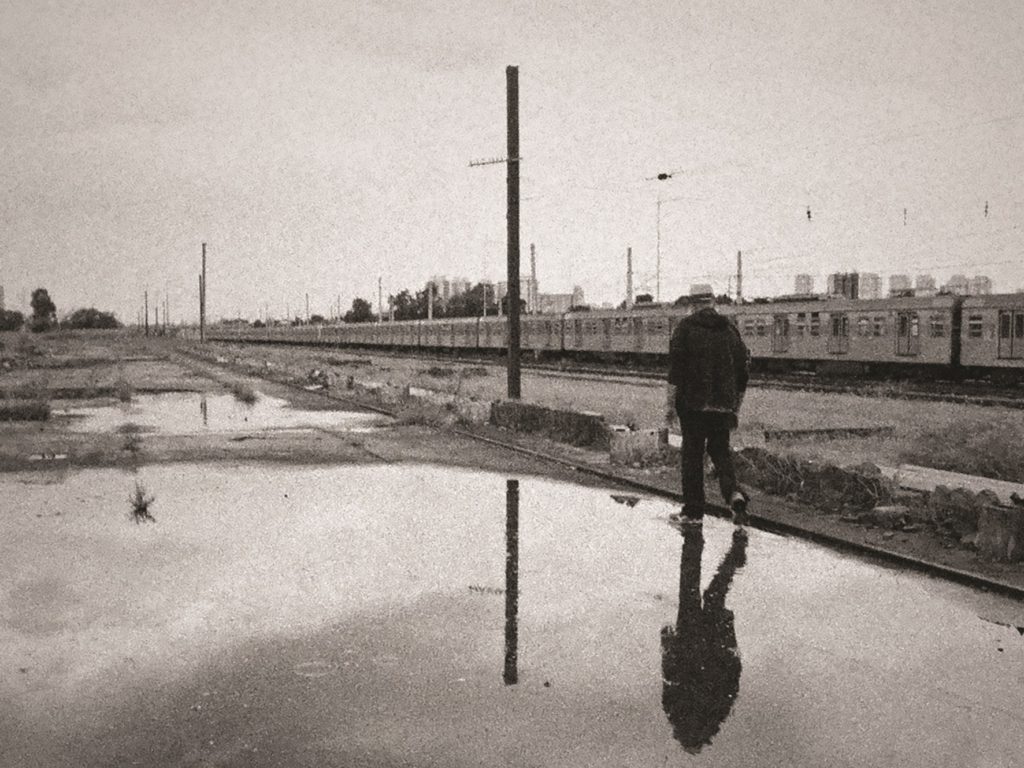Barbara Paz is an award-winning Brazilian actress, producer, and director. In her acting career she has performed in over 25 plays. She is also a popular television star under permanent contract to TV Globo. In 2013 the Ministry of Culture awarded her the highly prestigious Medalha do Cavalheiro (Knight’s Medal) in recognition of her outstanding work. As a director and producer she has worked on many television programs and shorts, including 2019’s “Conversation with Him” (“Conversa com Ele”) and 2020’s The Act (“Ato”). In 2019 Paz published the book “Mr. Babenco,” and its success inspired her to go on to make her first feature-length documentary, “Babenco: Tell Me When I Die,” which was first shown at the 2019 Venice Film Festival, where it won Best Documentary in the official Venice Classics competition.
“Babenco: Tell Me When I Die” is Brazil’s submission to the Best International Feature Film category at the 2021 Academy Awards.
W&H: Describe the film for us in your own words.
BP: I think the film is a love letter to cinema and to life. It is a portrait of Héctor Babenco, an Argentine-Brazilian film director, screenwriter, producer, and actor — a man who stayed alive to make films. Cinema was his oxygen. Cinema kept him alive.
W&H: What drew you to this story?
BP: It was my love for this man. Being afraid that there wouldn’t be enough time to record him. He was slowly losing his life and fighting to survive just to finish this final film. All of that made me want to make it.
W&H: What do you want people to think about after they watch the film?
BP: I would like people to feel a profound love of life, and for human beings — to have a boundless will to live, and of course, to fall in love with this man, just as I did.
W&H: What was the biggest challenge in making the film?
BP: The fact that he died halfway through making it.
W&H: How did you get your film funded? Share some insights into how you got the film made.
BP: Half the budget came from my own funds. The other half came from Brazilian co-producers through incentive programs.
We received funding for the Oscar campaign from crowdfunding, and many people contributed. We sold DVDs, books, works of art, posters — many things in order to set up a small campaign.
W&H: What inspired you to become a filmmaker?
BP: The desire to tell a story. I always liked to “conduct” — to orchestrate a set, and to combine photography, music, text, and art.
Being an actress teaches me to observe others. I love human beings. I always wanted to make a film from the very first time I went into a darkened cinema auditorium.
W&H: What’s the best and worst advice you’ve received?
BP: The best advice: Never leave yourself out of the film. You are a fundamental character in the story.
The worst: Take out all dream sequences.
W&H: What advice do you have for other women directors?
BP: Do it! Don’t be afraid! We are viable! We are the essence, the uterus, the beginning. We are interesting, crazy, and wise. We should tell stories, burst forth!
W&H: Name your favorite woman-directed film and why.
BP: Nadine Labaki’s “Capernaum.” It’s about suffering drawn from an autobiographical core. Her direction is astoundingly beautiful.
W&H: How are you adjusting to life during the COVID-19 pandemic? Are you keeping creative, and if so, how?
BP: Thank God I have stayed very creative in this suspension of time. This sadness of humanity has led me to be creative the whole time. It has been a refuge. I have done a lot of video art. I have photographed a lot, too. I have made a visual diary of my endless days.
I set up a solitude project with street people and artists and doctors on the COVID front line. They are short documentaries with replies to one question alone: What does solitude mean for you?
I also directed a short about solitude and actors without an audience called “The Act.” I directed a show about music and poetry, also without an audience. About the beginning and the end.
My film “Babenco: Tell Me When I Die” has been doing the rounds of various online festivals throughout the world.
So, I haven’t stopped for a second! And in the middle of the pandemic a two-month-old puppy arrived. He became my son. I named him Fellini.
W&H: What does it mean to you to have your film in the running for an Oscar in the International Feature category?
BP: Everything it represents is so personal to me. Héctor deserved a great deal. So to bring him back to the Academy, to where he put Brazilian cinema on the world stage, it fills me with emotion. The film is my ode to him. I think the world needs more love.
W&H: The film industry has a long history of under-representing people of color onscreen and behind the scenes, and reinforcing — and creating — negative stereotypes. What actions do you think need to be taken to make the film industry more inclusive?
BP: The planet itself has no color bar. People need to stop stereotyping men and women and color, and co-exist and absorb each other instead.







